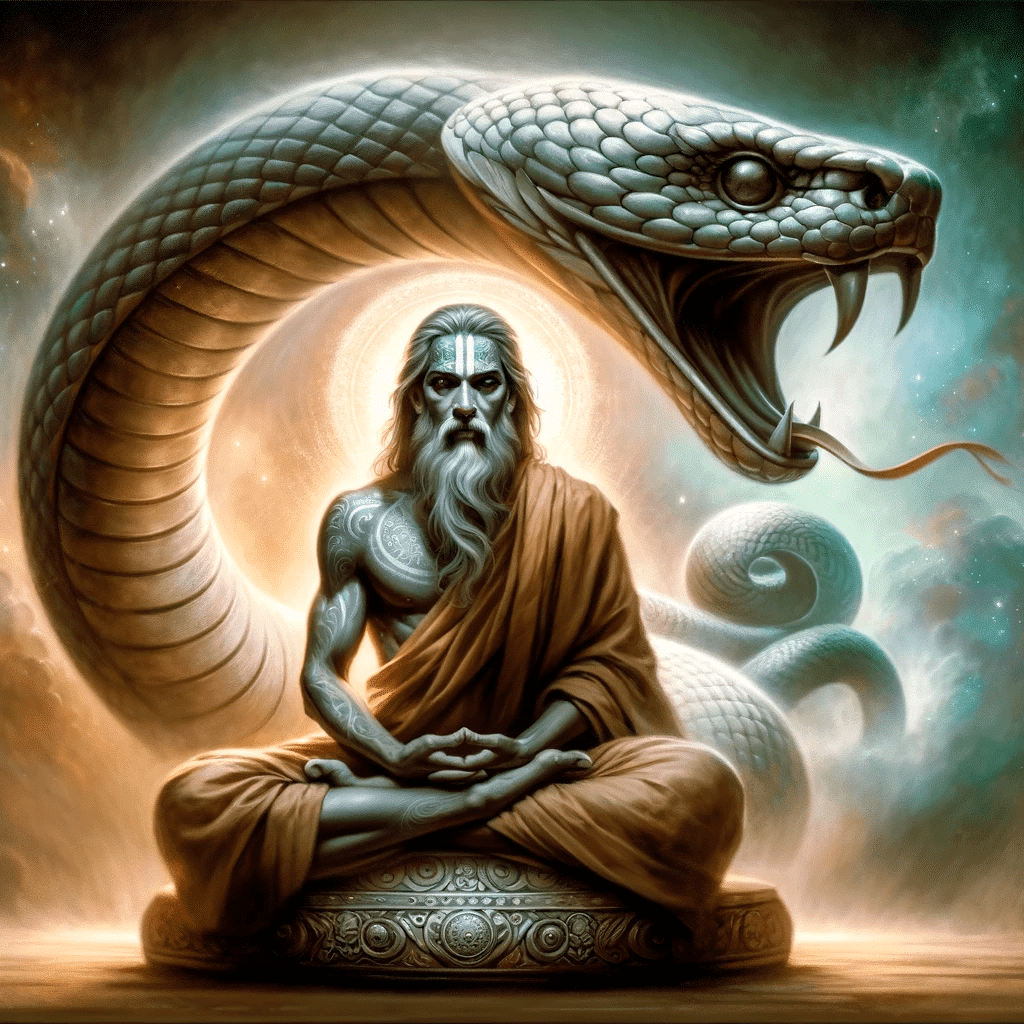“The goal is near for those who are supremely vigorous and intense in practice”
Patanjali

Yogis who practice with enthusiasm, self-honesty, and high levels of energy are close to reaching Samadhi, or the supremely blissful state of existence. But sometimes, even the most intense and powerful of aspirants may become mild or average, slow and moderate in his practice.
This is part of the Sutras where Patanjali talks about the different categories of practitioners and their path on the yoga journey to enlightenment. I interpret this as attempting to give continued inspiration to people who take their practice seriously, and gives understanding that even the most powerful and steadfast of yogis will experience some turbulence on the journey. Bad days happen. Consistency is key with yoga, so detaching from the performance of a practice is key, especially for the impassioned yogi.

